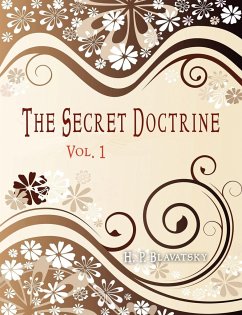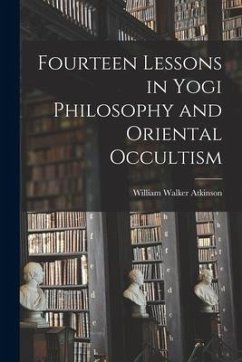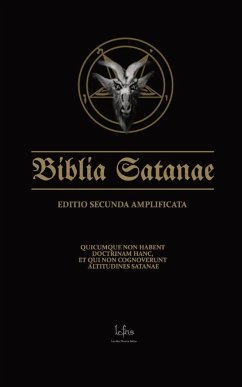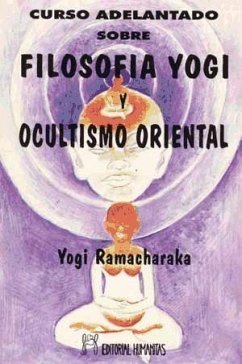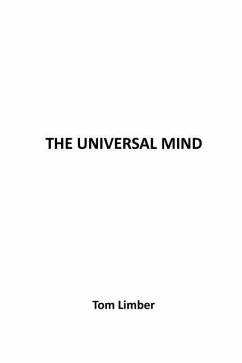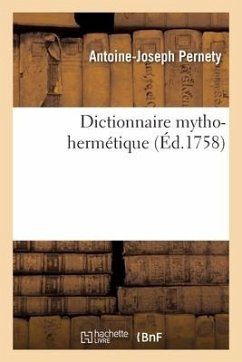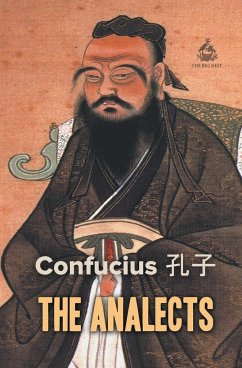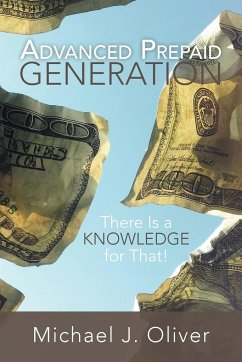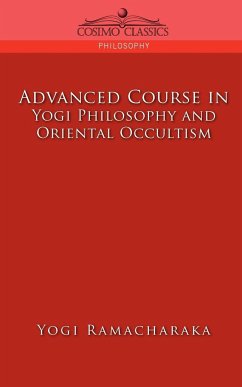
Advanced Course in Yogi Philosophy and Oriental Occultism
Versandkostenfrei!
Versandfertig in 1-2 Wochen
23,99 €
inkl. MwSt.
Weitere Ausgaben:

PAYBACK Punkte
12 °P sammeln!
We have been told, so often, that we must take certain things "on faith," and that it was "no use bothering our minds concerning them," but this is only a partial statement of truth, for the Intellect does give us a reliable report concerning the real nature of things... -from "Lesson X: The Riddle of the Universe" New Thought proponents at the turn of the twentieth century sought to use mysticism to unleash the forces of the universe in themselves. One of the most influential thinkers of this early "New Age" philosophy promises here, in this 1904 book, to show the reader "to see with the clea...
We have been told, so often, that we must take certain things "on faith," and that it was "no use bothering our minds concerning them," but this is only a partial statement of truth, for the Intellect does give us a reliable report concerning the real nature of things... -from "Lesson X: The Riddle of the Universe" New Thought proponents at the turn of the twentieth century sought to use mysticism to unleash the forces of the universe in themselves. One of the most influential thinkers of this early "New Age" philosophy promises here, in this 1904 book, to show the reader "to see with the clear vision of the Spirit" and how to "achieve the peace of the awakened and conscious soul." As the yogi reminds us, "No occult teaching is ever wasted-all bears fruit in its own good time." With this significant document of the New Thought movement back in print, now may be the time. American writer WILLIAM WALKER ATKINSON (1862-1932)-aka Yogi Ramacharaka-was born in Baltimore and had built up a successful law practice in Pennsylvania before professional burnout led him to the religious New Thought movement. He served as editor of the popular magazine New Thought from 1901 to 1905, and as editor of the journal Advanced Thought from 1916 to 1919. He authored dozens of New Thought books-including The Philosophies and Religions of India, Arcane Formula or Mental Alchemy and Vril, or Vital Magnetism-under numerous pseudonyms, some of which are likely still unknown today.





